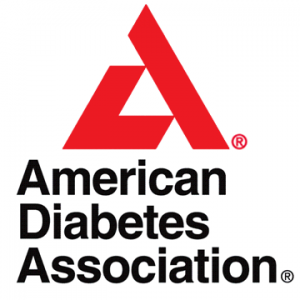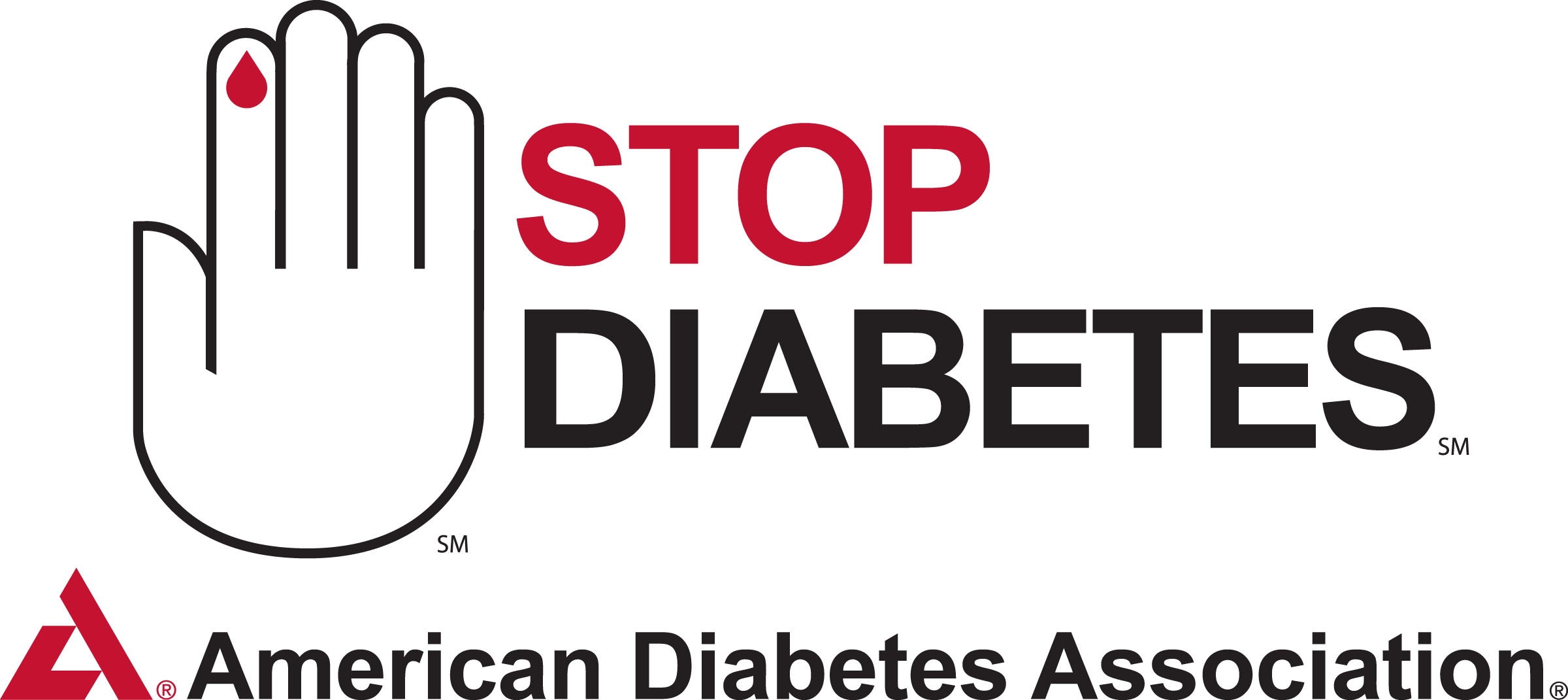Abstract
 OBJECTIVE Cannabidiol (CBD) and Δ9-tetrahydrocannabivarin (THCV) are nonpsychoactive phytocannabinoids affecting lipid and glucose metabolism in animal models. This study set out to examine the effects of these compounds in patients with type 2 diabetes.
OBJECTIVE Cannabidiol (CBD) and Δ9-tetrahydrocannabivarin (THCV) are nonpsychoactive phytocannabinoids affecting lipid and glucose metabolism in animal models. This study set out to examine the effects of these compounds in patients with type 2 diabetes.
RESEARCH DESIGN AND METHODS In this randomized, double-blind, placebo-controlled study, 62 subjects with noninsulin-treated type 2 diabetes were randomized to five treatment arms: CBD (100 mg twice daily), THCV (5 mg twice daily), 1:1 ratio of CBD and THCV (5 mg/5 mg, twice daily), 20:1 ratio of CBD and THCV (100 mg/5 mg, twice daily), or matched placebo for 13 weeks. The primary end point was a change in HDL-cholesterol concentrations from baseline. Secondary/tertiary end points included changes in glycemic control, lipid profile, insulin sensitivity, body weight, liver triglyceride content, adipose tissue distribution, appetite, markers of inflammation, markers of vascular function, gut hormones, circulating endocannabinoids, and adipokine concentrations. Safety and tolerability end points were also evaluated.
RESULTS Compared with placebo, THCV significantly decreased fasting plasma glucose (estimated treatment difference [ETD] = −1.2 mmol/L; P < 0.05) and improved pancreatic β-cell function (HOMA2 β-cell function [ETD = −44.51 points; P < 0.01]), adiponectin (ETD = −5.9 × 106 pg/mL; P < 0.01), and apolipoprotein A (ETD = −6.02 μmol/L; P < 0.05), although plasma HDL was unaffected. Compared with baseline (but not placebo), CBD decreased resistin (−898 pg/ml; P < 0.05) and increased glucose-dependent insulinotropic peptide (21.9 pg/ml; P < 0.05). None of the combination treatments had a significant impact on end points. CBD and THCV were well tolerated.
CONCLUSIONS THCV could represent a new therapeutic agent in glycemic control in subjects with type 2 diabetes.
- Received March 24, 2016.
- Accepted July 21, 2016.
- © 2016 by the American Diabetes Association.
Readers may use this article as long as the work is properly cited, the use is educational and not for profit, and the work is not altered. More information is available at http://www.diabetesjournals.org/content/license.


